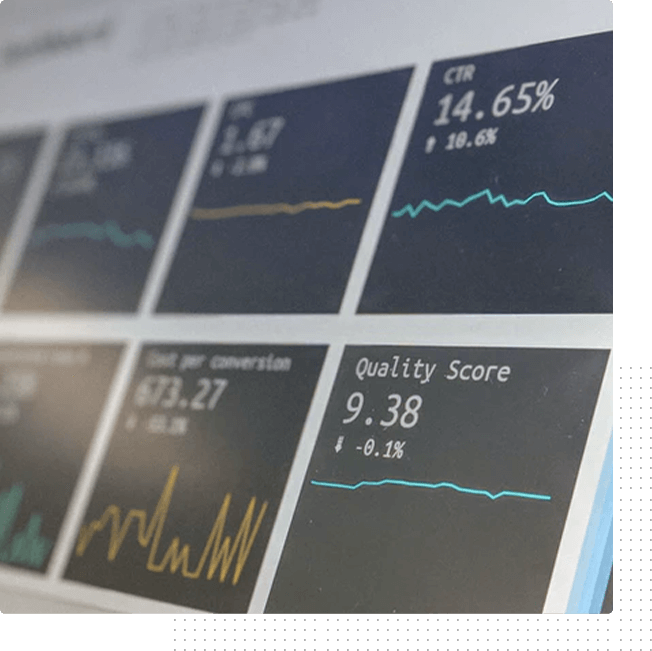Treeni’s tagline is ‘Reimagining Sustainability’, this essentially means focusing on performance and impact instead of reporting, breaking down enterprise sustainability silos and creating engaged, connected and collaborative stakeholders, and from a take, make, dump economy to a regenerative, restorative economy. Our approach is consulting led with subject matter experts, designing and deploying our sustainability data management, analytics and performance management, and reporting and disclosures SaaS platform resustain™.
Our approach is also emphasized by SPC – Strategy (S), Performance (P) and Collaboration (C), the 3 critical focus areas that we have incorporated into a unique approach conceptualized by Treeni that enables ‘Reimagining Sustainability’




